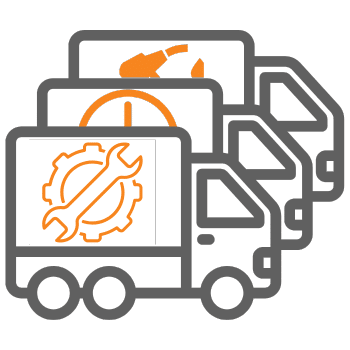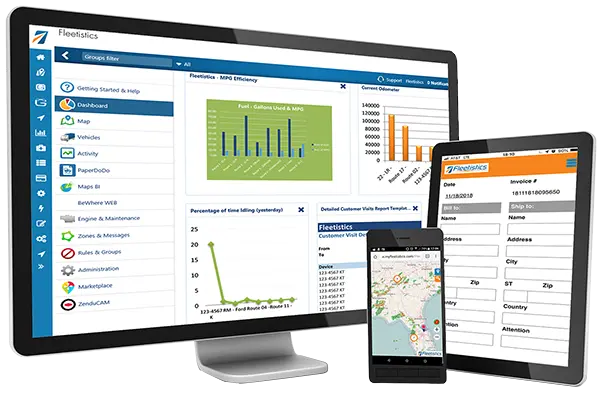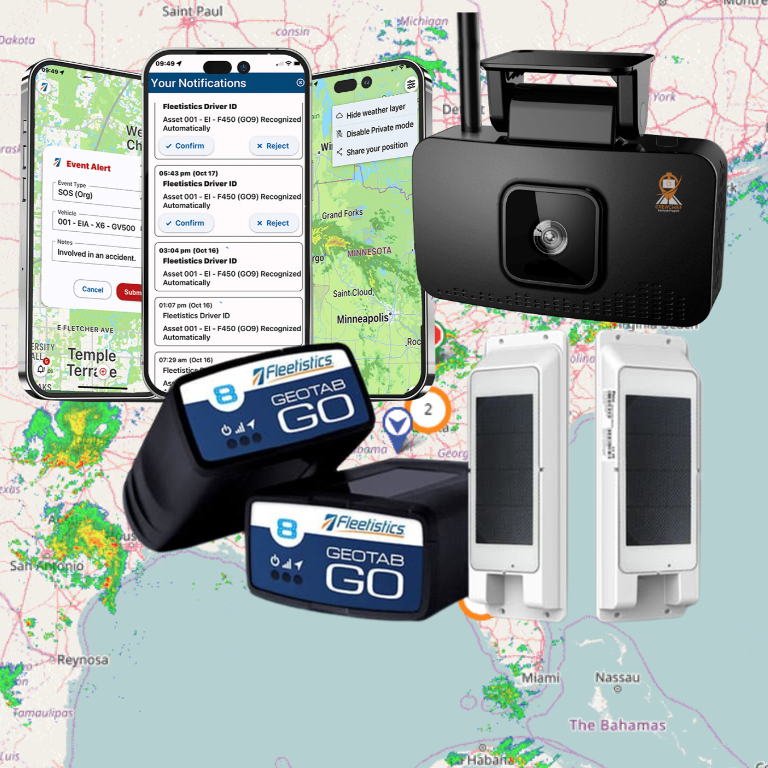What is Your Right to Repair all about?
Back in February we first posted about your right to repair. This post is a follow up to explore some areas we did not consider in our first post on the subject.
Back in the day it was a matter of pride for a vehicle owner (in most cases men) to be able to service their own vehicles. In the 50’s and 60’s Hot Rod Era, both young adults and father and son teams often restored older vehicles to their original glory or transformed them into performance racers beyond their originally intended use. Even today, many still thrive on the excitement of restoring and showing vintage vehicles. Sadly, your right to repair may not be guaranteed, and future generations may not be able to experience the same thrill.
In our more recent past, first-time vehicle owners often purchased an older vehicle that needed some love rather than spending much more to purchase a newer vehicle. They could repair and restore it over time transforming it into a more attractive and dependable ride.

Fast forward to the present.
According to a recent post on motorbiscuit.com, some communities have begun passing ordinances creating zero emission zones that limit where collectors of classic vehicles and older vehicles with internal combustion engines can drive them. One can only hope that classic car collecting does not die out at some point due to over regulation.
As computer technology and AI have been incorporated into higher efficiency vehicles with lower, even zero carbon emissions, computer data has become a primary diagnostic tool. Ownership of the data, who can use it, and how it can be used are subjects now being discussed by politicians and lawmakers. With so much information about a vehicle being available on the ECM, some believe not limiting access to that data could pose a cybersecurity threat. Unfortunately, the individual’s right to repair hangs in the balance.
How does your Right to Repair impact a Fleet Managers world?
GMAuthority.com/blog reported recently that automakers and car repair shops have signed onto a new agreement that reaffirms access to telematics data and automotive right-to-repair laws, providing independent car repair shops with necessary diagnostic and repair information. The agreement follows the recent passage of a law in Massachusetts that requires open remote access to vehicle telematics and vehicle-generated data. Automakers have criticized the Massachusetts law as posing a potential cybersecurity and safety risk.
If automakers are not required to share diagnostic and repair information outside their authorized service networks, your mechanics may be left without the tools necessary to diagnose and repair vehicles in house.
Your right to repair impacts more than just vehicles.
Wirecutter recently state on their blog, Legally, American shoppers are mostly already allowed to repair whatever they buy (those warranty-voiding stickers you’ve probably seen on gadgets are usually bogus under the Magnuson Moss Warranty Act), but practically speaking, people are often denied the information or the parts to do so. This is where the right-to-repair movement comes in.
This movement is pushing for laws that would require manufacturers of pretty much everything to make information available, make parts and tools available, allow unlocking so an owner can install custom software, and accommodate repair in the design.


More concerns based on industries and products.
As with most controversial issues, the answers come in shades of gray. Cybersecurity and software licensing are legitimate considerations when defining the right to repair, but so are specific industry concerns. For instance, in Florida the right to repair emphasis is currently on agricultural equipment. When equipment breaks down during the harvest of oranges or tomatoes, farmers cannot afford to wait for equipment to be repaired while their produce deteriorates in the field.
To learn more about action being proposed in your state, visit the interactive map at Repair.Org.














